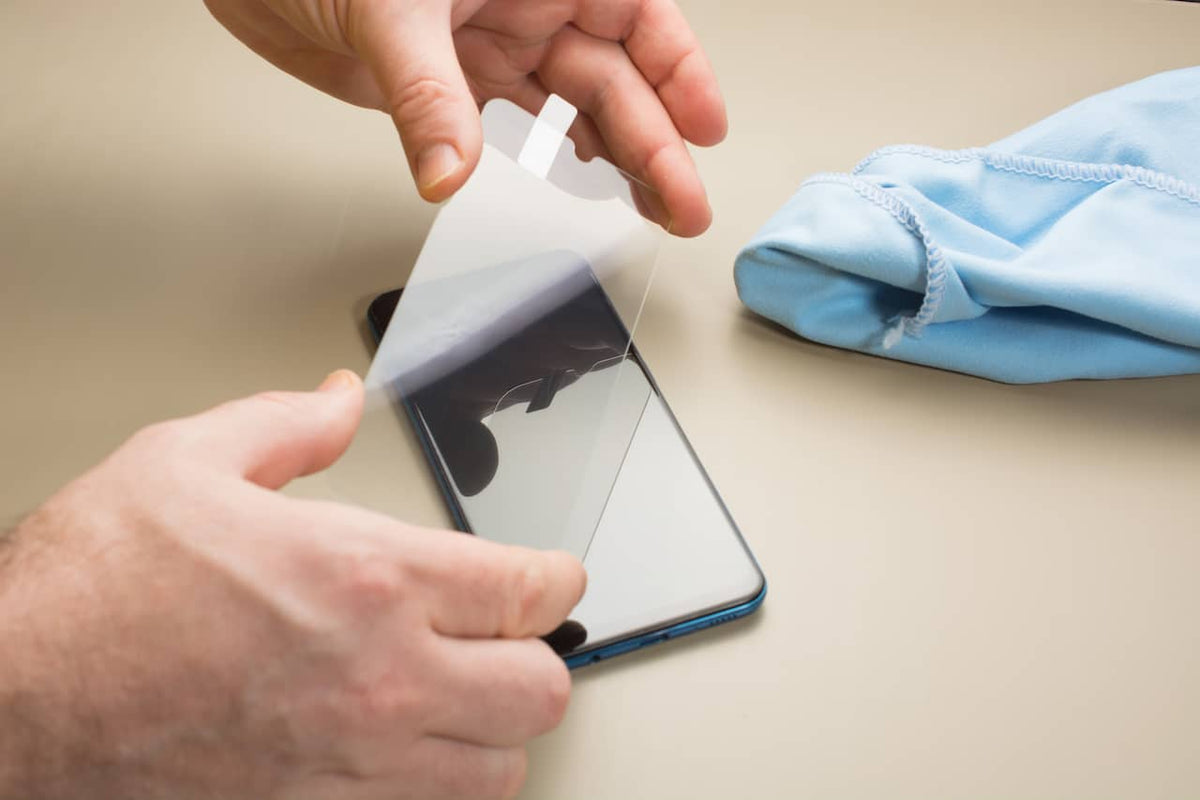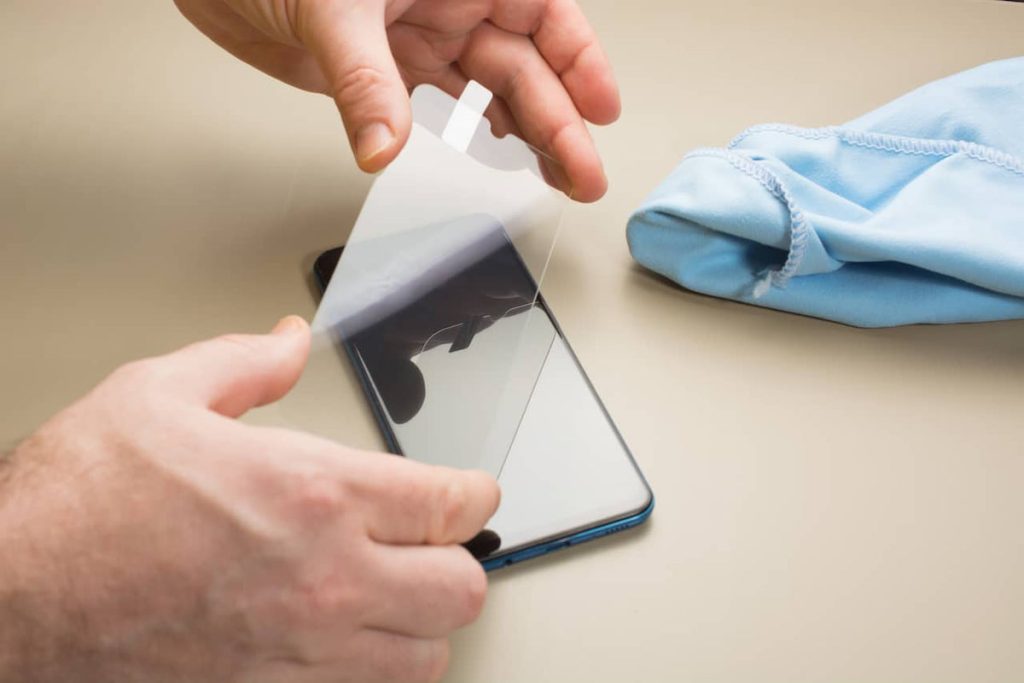In a world where smartphones have become an essential part of daily life, the debate over whether or not to use a screen protector rages on. Many believe that these thin pieces of plastic are a must-have for protecting their beloved devices, while others argue that they are simply not necessary. In this article, we aim to debunk the myth that screen protectors are a necessity, providing an unbiased look at the facts and myths surrounding this hotly contested issue.

The Truth About Screen Protectors
Are screen protectors really necessary for your device? The answer might surprise you. Let’s debunk the myth and uncover .
Contrary to popular belief, not all screen protectors are created equal. While some may provide an extra layer of protection against scratches and cracks, others may not offer much benefit. It’s important to do your research and choose a high-quality screen protector that is compatible with your specific device.
One common misconception is that screen protectors interfere with touch sensitivity. In reality, many modern screen protectors are designed to be ultra-thin and maintain the touch responsiveness of your device. They can even enhance the clarity of your screen and reduce glare.
Ultimately, whether or not you need a screen protector depends on your lifestyle and how you use your device. If you tend to be rough on your devices or frequently drop them, a screen protector may be a wise investment. However, for others who are more careful with their devices, a screen protector may not be necessary.
Understanding the Benefits of Screen Protectors
Screen protectors are often seen as a necessity in today’s digital age, but do they really provide any benefits? Let’s debunk the myth surrounding the necessity of screen protectors and delve into the true advantages they offer.
One of the key benefits of using a screen protector is the added layer of protection it provides for your device’s screen. With daily use, screens are susceptible to scratches, cracks, and other damage. By applying a screen protector, you can prevent these issues and prolong the lifespan of your device.
Additionally, screen protectors can help maintain the resale value of your device. A screen in pristine condition can make a significant difference when it comes to selling or trading in your device. Investing in a screen protector is a small price to pay for the potential return on investment in the future.
Factors to Consider Before Buying a Screen Protector
When it comes to buying a screen protector for your device, there are several important factors to consider to ensure you make the right choice. With so many options available on the market, it can be overwhelming to know which one is best for your specific needs. By taking the time to carefully evaluate these key factors, you can make a more informed decision that will ultimately protect your device and save you money in the long run.
One factor to consider is the material of the screen protector. **Tempered glass** screen protectors offer the highest level of protection against scratches, cracks, and other damage. They also provide a smooth, responsive touch experience and are easy to install. On the other hand, **plastic** screen protectors may be less expensive, but they are not as durable and can affect the clarity of your screen.
Another important factor to consider is the **thickness** of the screen protector. Thicker protectors offer more protection against impact and may be more durable in the long run. However, they can also be more noticeable on your screen and may affect touch sensitivity. Thinner protectors, on the other hand, are less noticeable but may not provide as much protection.
Alternative Ways to Protect Your Screen
When it comes to protecting your screen, many people automatically think of using a screen protector. However, there are alternative ways to keep your screen safe and scratch-free without relying on a flimsy piece of plastic. Here are some creative options to consider:
- Microfiber Cloth: Regularly wiping your screen with a microfiber cloth can help prevent dust and dirt from scratching the surface.
- DIY Screen Cleaner: Mix equal parts of distilled water and white vinegar in a spray bottle to create a natural screen cleaner that is safe and effective.
- Phone Case with Screen Lip: Invest in a phone case with a raised lip around the screen to provide an extra layer of protection against accidental drops.
These alternative methods may not provide the same level of protection as a screen protector, but with a little extra care and creativity, you can keep your screen looking like new without the added expense.
In conclusion, the myth that screen protectors are an absolute necessity has been debunked. While they can offer some added protection for your device, they are not always essential. Ultimately, the decision to use a screen protector is up to personal preference and how you handle your device. So next time you consider purchasing a screen protector, remember to weigh the pros and cons before making a decision. Your device, your choice!

